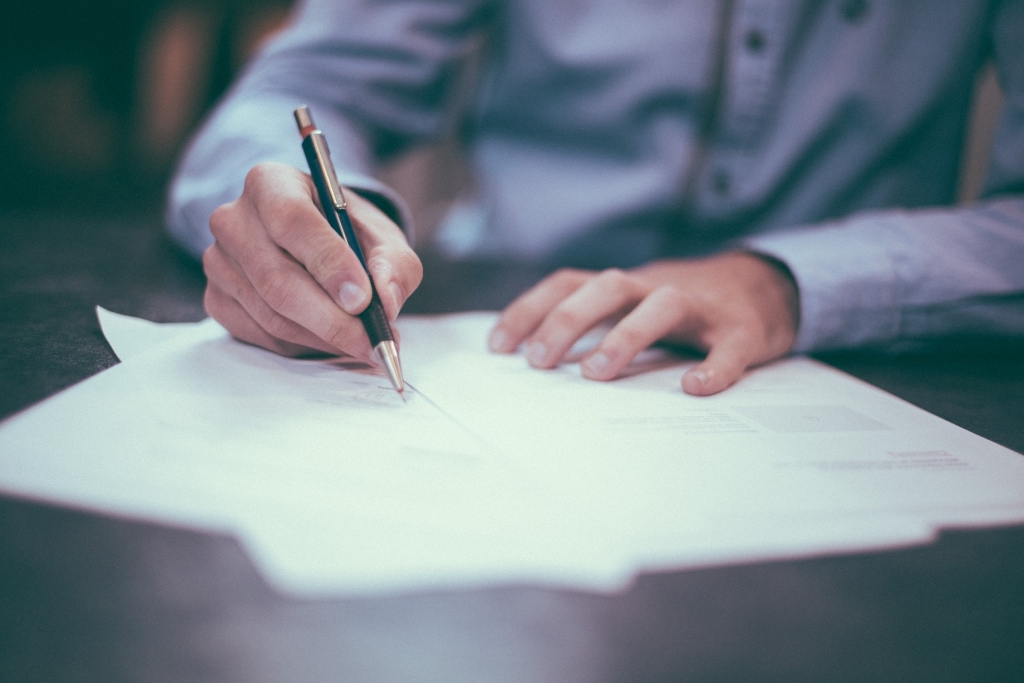Many Canadians wonder every year what would happen if they file their taxes late. Tax season can be a stressful time. Whether you’re worried about getting all your documents in place and filing on time, or you are worried about taxes you owe, the potential consequences of filing taxes late can be a weight on your shoulders. Read on to learn about what happens if you file your taxes late, what the consequences for late payments are, and how a chartered professional accountant can help you with your personal taxes.
Tax Deadline in Canada
In Canada, the deadline to pay your taxes for the previous year is April 30th of the current year. This means that the deadline to file your 2021 taxes is April 30th, 2022. The deadline for organizations to provide you with all necessary tax documents is the end of February, which means most employed individuals have around eight weeks to file their taxes and pay a balance owing. If you or your spouse is self-employed, you have until June 15th of the current year to file for the previous year. However, if you have a balance owing on your taxes, you will still be required to pay before April 30th. If you’re self-employed and unsure if you’ll need to pay taxes or now, be sure to speak with a qualified accountant.
Interest and Penalties for Filing Late
If you file your taxes late and have a balance owing, you will be subject to a penalty of 5% of the balance owing as well as interest of 1% per month that you’re late, up to twelve months. If you file your taxes late but do not have a balance owing, there are no penalties or interest. You will, however, receive your return much later than others.
Other Consequences to Filing Taxes Late
There are several other consequences to filing your taxes late if you owe taxes. If you file late, you may lose out on your GST credits or the Canada Child Benefit. Not filing your taxes on time can also affect your ability to get financing and other assistance. Repeated late filers will also become subject to additional fees and interest. Finally, not filing a tax return with amounts owing, if you’re late enough, could eventually be considered tax evasion which is a federal crime.
Tips to File on Time
Life can be hectic, and sometimes remembering to file your taxes within the required timeframe can be difficult. In order to file your taxes on time, follow these tips:
- Ensure your receipts and documentation are kept and organized throughout the year
- Allocate time to do your taxes
- Keep track of your income and expenses during less stressful times
These three tips can be a lifesaver when it comes to tax season. By ensuring your receipts and documents are organized throughout the year, you’ll save yourself a lot of headaches come April. Either organize them as you receive financial documents, or you can set aside an hour or so a week to keep track of all your receipts and documents. Another time period to allocate is a couple hours either at the beginning of April or end of March to do your taxes. Whether that’s collecting everything and handing them to your accountant or doing it yourself, be sure to set aside several hours in your calendar for tax return preparation. Keeping track of your income and expenses in less stressful situations is a good way to be mentally prepared ahead of tax season so the experience of filing on time will be a piece of cake.
Do You Need to File Taxes Even if You Don’t Owe?
The short answer is, yes! Filing your taxes every year is important, even if you don’t have a balance owing, as you are required to file if you paid taxes throughout the year. If you’re going to receive a refund, mot filing means that the government is just holding onto money that belongs to you. Other reasons to file consistently is to be eligible to collect government benefits, such as GST credits, the Canada Child Benefit, etc. You’ll also need to file taxes to prove you’re contributing to CPP. You should also still file your taxes as your personal taxes will be requested by banks when looking to receive financing such as for a mortgage, and if you have an open home buyers plan through your RRSO, you will need to file annually.
What Happens if You Can’t Pay the Taxes You Owe?
Sometimes, owing taxes can be a huge financial strain. If you are unable to pay your taxes, the CRA can go through a number of methods to receive the taxes owed. If you owe taxes, the CRA is legally allowed to garnish wages and pay, redirect government payments directly to the CRA, register liens on assets, and even seize and sell your assets, including your home. Consequences for not paying your taxes can be incredibly punitive.
However, the CRA is willing to negotiate with you and make arrangements for a payment plan. If you know you owe taxes and won’t be able to pay them right away, the best course of action is to file on time. The CRA is far more likely to help you with a payment plan if you file early. A Chartered Professional Accountant is your best bet when it comes to filing taxes and creating a feasible payment plan that the CRA will accept. If you’re worried about the taxes you owe for 2021, talk to one of the professionals at Gallo LLP! Our team of chartered professional accountants will help you file your taxes and create a financial plan that works for you.

